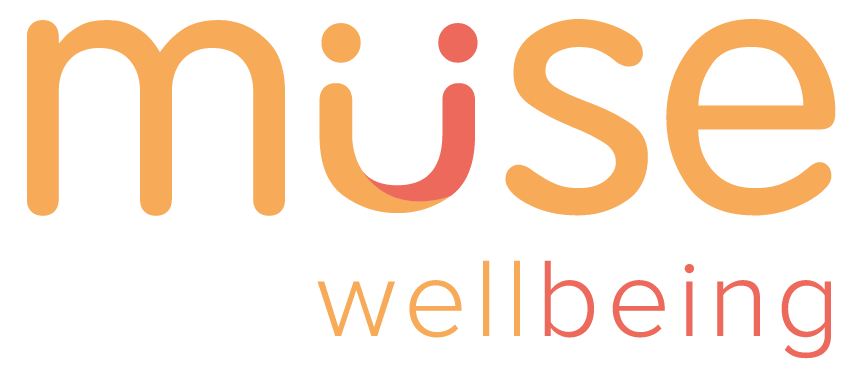Careers Education for Children: Practical Ways to Explain Jobs and Work

Eloise is a UK based primary educator and freelance writer. Passionate about education, she enjoys crafting engaging learning content.

Tashia is a SENCO and LSA support lead with a love for inclusive education. An avid gardener, she enjoys the outdoors and hiking.
Helping children understand the world of work is a vital part of their personal development. High-quality careers education for children gives young learners the confidence and curiosity they need to explore future opportunities. By teaching children about jobs from an early age, schools help pupils recognise their strengths, explore job roles, and develop the skills that will support them throughout life.
Which Academic Years Study Careers and Employment?
Key Stage 1 (Years 1–2)
At this stage, children are introduced to:
-
Different job roles in their community
-
Simple responsibilities connected to work
-
The idea that adults do different jobs
Learning is exploratory, playful, and focused on building awareness.
Key Stage 2 (Years 3–6)
Older pupils begin to:
-
Compare types of work and workplaces
-
Identify personal strengths and interests
-
Understand skills needed for certain jobs
-
Explore long-term goals and ambitions
This progression makes primary school careers education an essential foundation for future pathways.
Why It’s Important to Teach Kids About Work and Careers
Preparing Students for Later Life
A key benefit of employment education for children is gaining a realistic understanding of job responsibilities and expectations. By explaining jobs to children, teachers help them explore careers that might align with their talents and interests. Early exposure supports informed decision-making and builds confidence about the future.
Encouraging Maturity and Long-Term Thinking
Introducing careers lessons for primary school helps pupils look beyond the present and understand that their current choices shape future opportunities. This promotes forward thinking, goal setting, and a sense of responsibility.
Inspiring Young Learners to Dream Big
Children often form career ideas based on what they see at home or in the media. Broadening their perspectives helps them imagine new possibilities. Understanding careers for kids through PSHE nurtures ambition and encourages them to explore diverse roles they may never have encountered before.
Practical Ways to Explain Jobs and Work in Primary Schools
Build a Careers-Focused PSHE Syllabus
PSHE is the ideal space for how to teach kids about work. Its flexibility allows teachers to design units on job roles, skills, and decision-making. For busy classrooms, ready-made resources—such as those from Muse Wellbeing—can provide structured, time-saving support.
Introduce Different Types of Careers
A strong foundation in children’s career education begins with exposing students to a variety of fields, such as:
-
Healthcare
-
Emergency services
-
Education
-
Engineering and manufacturing
-
Animal care
-
Construction and architecture
-
Agriculture
-
Business administration
-
Finance and accounting
-
Marketing and creative content
-
IT, coding, and software development
These examples help demonstrate the range of opportunities available.
Highlight the Skills Needed for Different Jobs
Children don’t need to choose a future career at seven years old, but understanding skills such as teamwork, communication, creativity, and problem-solving helps them identify personal strengths. This supports self-awareness and confidence.
Provide a Balanced View of Job Challenges
Discussing potential challenges in various professions helps give a realistic, holistic understanding of work. This ensures pupils see both the rewarding and demanding sides of different roles.
Use Role Play and Group Activities
Interactive learning is powerful when explaining jobs to children. Role play encourages curiosity, teamwork, and creative thinking, making complex ideas easier to grasp.
Invite Guest Speakers from Different Industries
Hearing directly from professionals can bring lessons to life. Guest speakers act as role models and provide real-world insights that deepen children’s understanding of job roles and career paths.
Kickstarting Children’s Understanding of Work Through PSHE
Jobs and work explained for kids through PSHE gives students the foundational knowledge they need to navigate their future. While developing a curriculum from scratch may feel overwhelming, high-quality ready-made PSHE programmes can support teachers at every step.
Muse Wellbeing provides a complete PSHE curriculum designed to enhance careers education for children across KS1 and KS2—helping young learners explore, imagine, and plan for the future with confidence.
Muse Wellbeing
Subscribe for RSHE & Wellbeing Updates & Learning Resources

Copyright © 2026 Muse | All Rights Reserved.
Would you like to logout of Muse Wellbeing?


